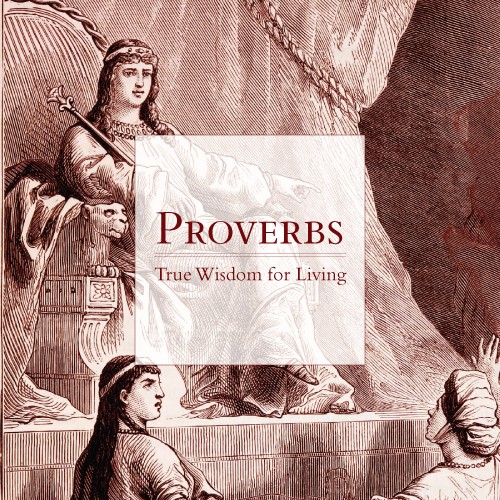
True Wisdom
Tim Keller | September 12, 2004
Overview
We live in a pluralistic society, which results in people continually fighting about morality. They’re fighting about different views on what is good and what is bad, what is right and what is wrong. In many ways this was different in ancient societies because on the whole, there was generally more consensus on morality in each society. There were spoken and unspoken rules that were necessary for the society to exist.
If you’re going to not make an absolute mess of your life, then there is something very important that you must have. The secular culture talks about science and facts, and the moral communities — the churches and synagogues — talk about morality, but actually what we need is something that’s hardly talked about at all nowadays. It’s not identical to knowledge, and it’s not identical even to moral goodness; it’s wisdom. Today we’re going to look at 1) the importance of wisdom, 2) the definition of wisdom, 3) the problem of wisdom, and 4) a clue to its solution.


